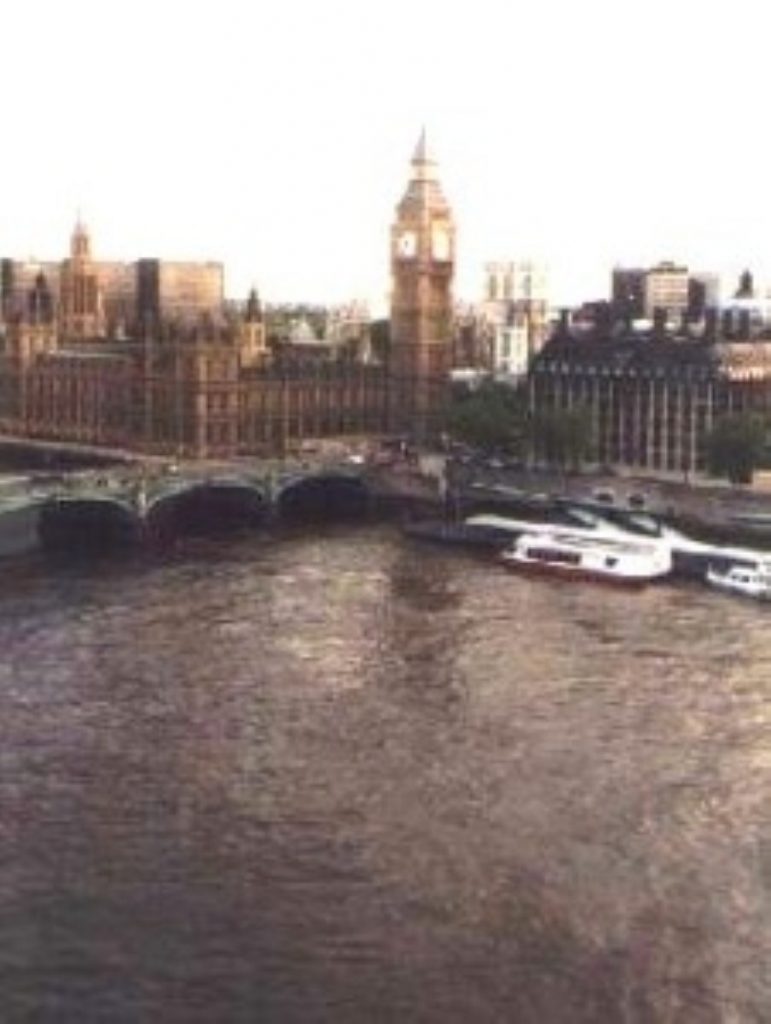Parliament’s image must change, say MPs
The House of Commons Modernisation Committee has said that Parliament must become more accessible if it is to engage with modern Britain.
Though the turn out in the recent elections was higher than expected, there are still widespread concerns about the electorate’s alienation from political institutions.
Research published in June by the Electoral Commission estimated that over 57 per cent of the population took part in a discussion about political issues every day, but 68 per cent of people said they had never contacted a politician.
The Modernisation Committee argues that Parliament must shed its private members’ club image.


Among its recommendations are a new visitor centre to explain the work of Parliament, a major overhaul of the parliamentary website, and a guide for new voters to be sent to all young people on their 18th birthdays.
Chairman of the committee, Peter Hain, said that voters and visitors should be treated with more respect.
He told the BBC that: “If Parliament wants voters’ respect it has to treat them with respect. This ridiculous term “strangers” which has been used for centuries applying to visitors – in other words many citizens and voters – must be changed.”
“Parliament shouldn’t be a private club where members of the public are treated only on sufferance; they should be welcomed in. It is their democracy after all. It is not MPs’ democracy or House officers’ democracy.”
“We have got to have security in the age of suicide terrorists clearly and there is going to be a tightening up of that security but once people come through that new security net they should be treated with respect.”
One of the members of the committee, Paul Tyler, said he was particularly enthusiastic about exploring the potential of the internet.
He said: “It would be a dangerous delusion to think that attracting more people to tour this mock mediaeval, neo-Gothic Palace is likely to improve that connection. Rightly, our report shifts the emphasis.
“I was determined that we should develop the interactive potential of electronic communication, especially to engage younger citizens in the Parliamentary process.
“Significantly, as I pointed out to my colleagues, the otherwise very informative Number 10 website, with its day in the life of the Prime Minister, has just an empty chair when he leaves for the House of Commons.
“It’s our job to fill that void, and demonstrate that the public can actually have a real influence over Government through their Parliamentary representatives.”
Declan McHugh, director of the Hansard Society’s Parliament & Government programme, praised the report, saying: “The Modernisation Committee’s proposals should be widely welcomed both inside and outside Parliament as a blueprint for making Westminster more welcoming and visitor-friendly.
“Similarly, the report’s emphasis on increased out-reach work, notably recommendations for the institution of educational tours of Parliament and the establishment of democratic training centres around the country, represent a determined attempt to address the public’s lack of political knowledge, as exposed in the recent Audit of political engagement.”
Dr McHugh said though that the overt partisan tone of proceedings in the House alienates much of the public and said a “deep-rooted change” in the political culture is required.
The Hansard Society is a charity that aims to “promote effective parliamentary democracy” and was one of the parties that gave evidence to the Modernisation Committee.

